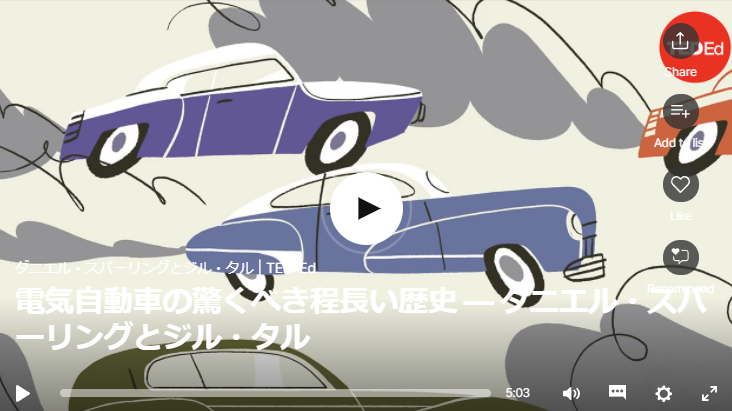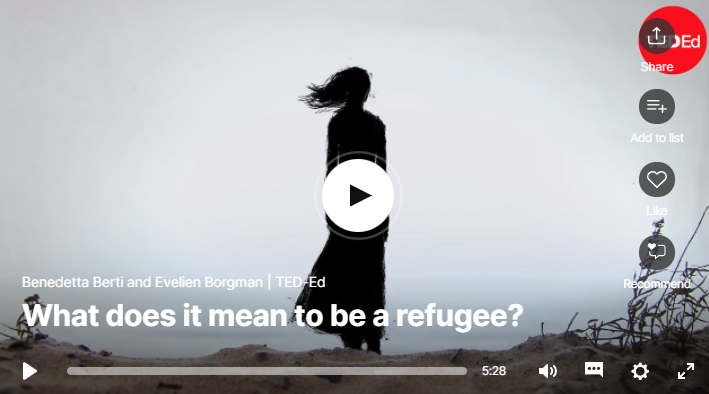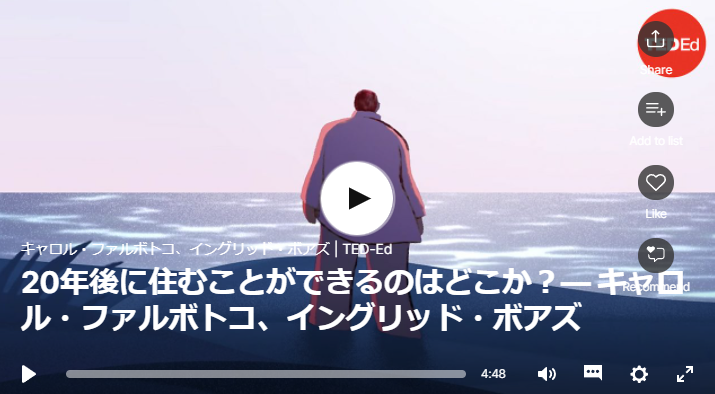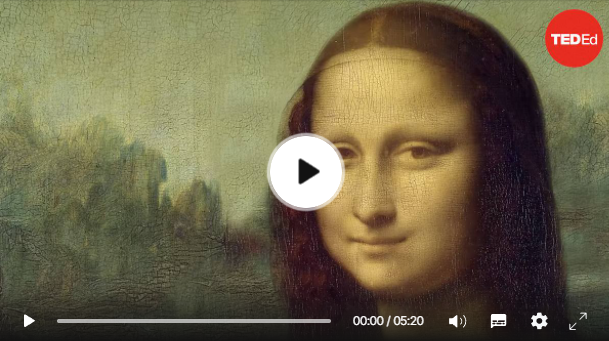
QUESTIONS
Part 1 (Comprehension Questions ):
- At what year was Leonardo thought to have started the “Mona Lisa” portrait?
- Who purchased the painting and began displaying it after Leonardo’s death?
- Who published a popular biography of Italian Renaissance artists, including Leonardo?
- What portrait became one of the most enviable pieces in the French Royal Collection?
- In what museum did it eventually go on public display?
- Who said that Mona Lisa’s smile imparted a “treacherous attraction”?
- Who described the Mona Lisa as the embodiment of timeless feminine beauty?
- For how many years did Peruggia keep the painting in a false-bottom suitcase?
- Where did he smuggle the “Mona Lisa”?
- Who was that conceptual artist who mocked it?
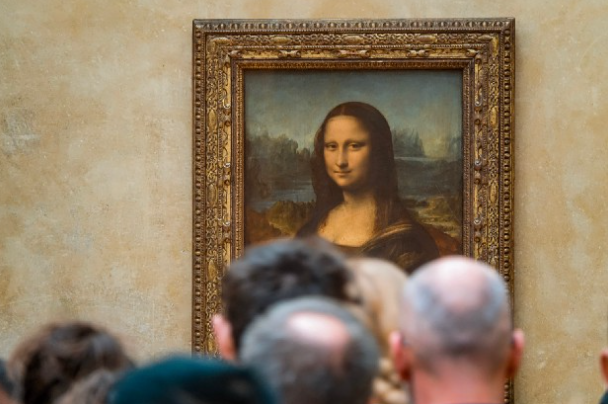
Part 2 (Express Yourself Questions):
- Do you or did you ever like painting?
- Do you think modern artists are good at painting?
- What do you think of people who are very good at painting?
- Do you think painting is an important school subject?
- Do you prefer artists from your country or those from others?
- Do you prefer oils, watercolors, sketches, or another medium?
- Why are painting and art so important to us?
- Have you ever been emotionally moved because of a painting?
- What do you think artists from centuries ago would think of today’s artists?
- Would you consider investing money in a painting? Do you think art is a good investment?




